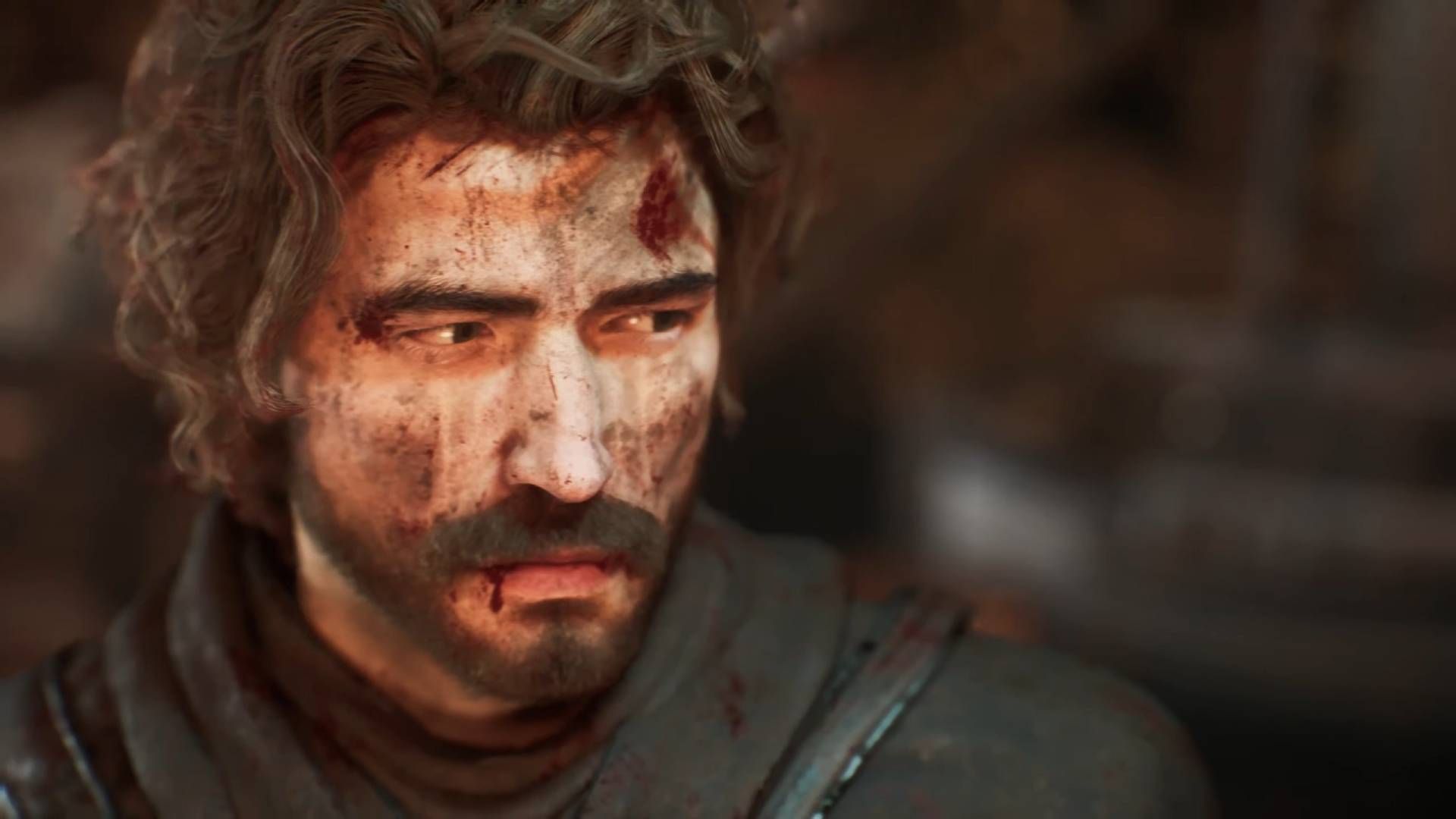“Who is your hero?”
It’s a query that comes up throughout job interviews and faculty essay writing, and each time I’m requested, I at all times reply the identical means: my grandmother. But I’ll by no means inform her that.
My grandmother has an advanced relationship with the phrase “hero”. It’s a relationship outlined by the horrors she lived by way of in Auschwitz. The few instances we’ve talked about her expertise within the camps, heroism by no means components into my grandmother’s tales. It wasn’t a luxurious she might afford to consider.
After all, heroism is outlined by an lively alternative. How are you able to make a alternative in case your will and spirit have been damaged? And what does it say about those who perished within the camps, the women and men who took a stand and have been killed or helped others at their very own peril, if we solely valorize the survivors? No, my grandmother was preoccupied with surviving, so she thinks of herself as a survivor.

“Set Roth is proof that heroism can come from the ‘weak,’ that strength can be derived from more than just anger and violence”
For a very long time, I believed the identical factor. Heroism is lively. As Jews, we’re the survivors of world conflicts and historical past – those who endure. At least that’s how we’re typically depicted in popular culture. That’s why I used to be shocked when, in 2017, I popped Wolfenstein 2: The New Colossus into my PS4 and located Jews that weren’t simply victims and survivors. They have been heroes.
It opened my eyes to the true, typically hidden historical past of my folks that wasn’t depending on narratives of victimhood. Instead of counting on Jews as victims to gas a story about combating Nazis, Wolfenstein 2 evoked the true historical past of Jewish resistance, utilizing two of its characters – Set Roth and BJ Blazkowicz – to color totally different but complementary portraits of Jewish resilience and heroism.
At first look, Set Roth suits snuggly inside a well-known Jewish stereotype: the light soul who’s all brains and no brawn. He mumbles in Yiddish and racks his mind searching for an thought for his subsequent scientific marvel. But Set Roth is a survivor and a hero in his personal proper. Like many Jewish scientists that fled Europe throughout World War 2, he used his data to assemble instruments used for combating fascism – even when he was ostensibly working for the enemy.
Survival within the camps was a matter of ingenuity and intelligence, and Set realized methods to develop into a hero utilizing the instruments at his disposal. During his time within the Nazi labor camps, Set invented an Uber Concrete that was utilized by the Nazis in development. He additionally designed a flaw within the substance that may make the ostensibly robust materials break down over time. Set discovered his acts of resistance wherever he might.

Set stays on board the resistance-commandeered Eva’s Hammer U-boat all through nearly all of Wolfenstein 2, however his innovations maintain these round him – particularly BJ – alive each on and off the battlefield. There can be no game with out Set’s thoughts blowingly bonkers scheme to carry out a full physique transplant after BJ is publicly beheaded.
In some methods Set resembles the “nebbish,” a Yiddish phrase for weak or ineffectual folks that’s been weaponized by anti-semites. However, the issues that make Set “weak” within the eyes of the Nazis are the very issues that assist him battle legions of Nazi troopers. He lacks BJ’s bodily power, however his ingenuity is proof that, as Jews, we survive and mine power from one another, not simply ourselves.
As a member of the traditional Jewish society Da’at Yichud, Set research the superior expertise of his ancestors. He fights the Nazis alongside those who got here earlier than him in addition to these he’s presently combating with. Standing on the shoulders of his ancestors and using his individuals’s custom and historical past, Set combats his oppressors with out dropping his Jewish id and turns into a singular sort of hero within the course of.
Set Roth is proof that heroism can come from the “weak,” that power could be derived from extra than simply anger and violence, however BJ Blazkowicz is one thing else completely: a radical imagining of a Jewish superhero who makes use of pure bodily power and survival intuition with a view to battle his oppressor.

If Set is a subversion of the “nebbish” as an idea, BJ is an indictment of it. He’s a reminder that Jews have at all times been robust (within the extra conventional sense of the phrase) and had a presence within the typical arenas of masculine expression. Benny Friedman revolutionised American soccer. Sandy Koufax is a baseball legend. Jews dominated boxing within the 1920s (to the exclusion of black boxers, after all).
More importantly, BJ evokes the very actual historical past of lively Jewish resistance throughout World War 2. Jews fought again towards the Nazis within the Warsaw ghetto and small bands of resistance fighters, just like the Bielski partisans, rescued Jews from sure demise and battled Nazi forces all through Nazi-occupied territory. They have been, within the phrases of Jewish cultural scholar Paul Breines, “tough Jews.”
There’s a masculine idealism inherent in BJ’s character. The idea of the “tough Jew” itself is an emblem designed to recapture the virility and power that was stripped away from Jewish males within the camps. But BJ’s vulnerability and resilience make him into greater than a masculine energy fantasy; these qualities distinguish him as a distinctly Jewish hero, one whose have to survive catapults him into heroism.
At the start of Wolfenstein 2, BJ is as susceptible as could be. He can barely stroll with out assistance from a wheelchair. Even after he ditches the wheelchair, the one means he can stand is with assistance from a Da’at Yichud supersuit. (Like Set, he’s additionally leaning on the power of his ancestors.)
As the grandson of Holocaust survivors, I could be faraway from the expertise, however I can always remember that I owe my existence to a girl who sat on a knife’s edge between life and demise. My very existence is precarious.

Wolfenstein 2 acknowledges that BJ’s vulnerability and mortality aren’t flaws. In that means, BJ isn’t like most conventional superheroes. Like the Jews that lived and died all through Europe, demise and hatred are fixed presences in BJ’s life, but he endures and fights to rise above the fray and survive one other day. The issue of Wolfenstein 2’s gameplay, a minimum of within the early goings, can really feel stacked towards the participant however – like David towards Goliath – we strive anyway.
“The very things that often relegate Jews to victimhood in popular narratives – survival, resilience and the fight to stay alive in a world that would rather they didn’t exist – are the qualities that make them heroes”
BJ’s vulnerability additionally means the participant has to get inventive and make the most of stealth and the atmosphere as a lot as gunplay to outmaneuver enemies. The drive to outlive forces BJ to push himself and his failing physique by way of partitions and into cracks. It by no means looks like BJ comes out of a battle by something greater than the pores and skin of his tooth. And BJ isn’t satisfied he’ll make it out of this alive.
He moans about how a lot of a burden he’s to his pregnant spouse Anya (a Jewish hero isn’t value his salt if he doesn’t kvetch), however, like so many Jews earlier than him, he endures. He survives. He by no means stops combating in a world and towards an influence that desires him lifeless. His existence is resistance. His survival towards the chances is a heroic act.
My grandmother would possibly by no means admit she’s a hero, however Wolfenstein 2 jogged my memory why she is one. In Wolfenstein 2, the very issues that always relegate Jews to victimhood in common narratives – survival, resilience and the battle to remain alive in a world that may relatively they didn’t exist – are the very qualities that make them heroes. Even those that perish below the boot of pure hatred are heroes. They give power to those who stay.
A game that would have been simply an excuse to kill Nazis confirmed one thing I knew all alongside. We could be greater than survivors. We could be heroes.
Source

